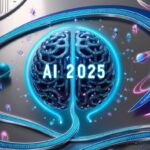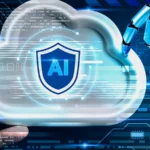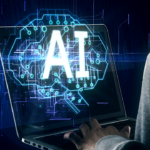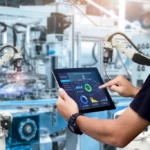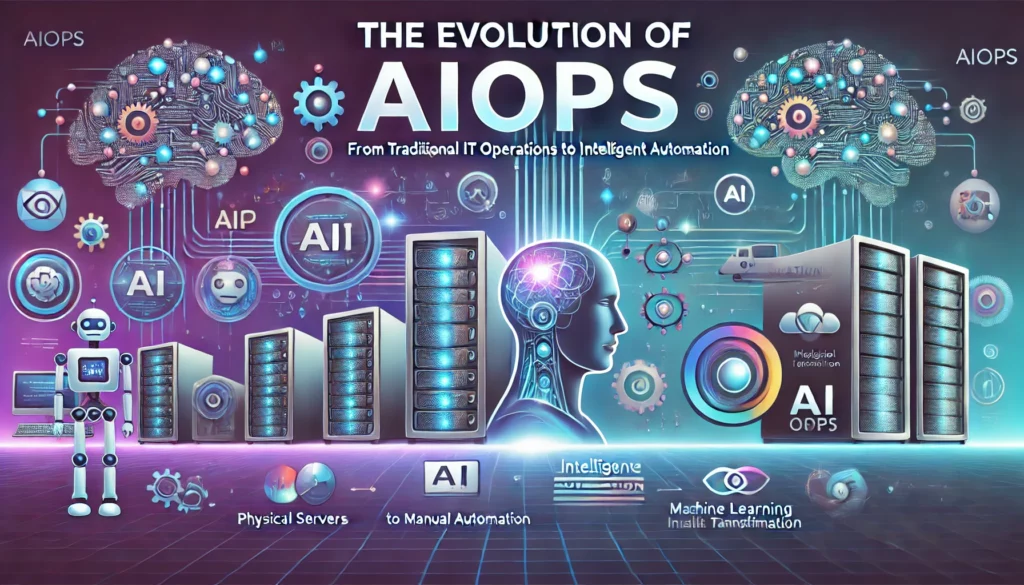
The Transformative Role of AI in the IT Sector
Artificial Intelligence (AI) is not just a buzzword anymore—it’s the backbone of modern IT innovation. As organizations strive for speed, scalability, security, and smarter decision-making, AI has become a critical enabler across every layer of the IT stack. From automating routine tasks to powering predictive insights, AI is fundamentally transforming how IT departments operate and deliver value.
What Is AI in the Context of IT?
AI in IT refers to the use of machine learning, deep learning, natural language processing (NLP), and data-driven algorithms to enhance or automate IT functions. These intelligent systems learn from patterns, make decisions, and improve over time—often outperforming traditional rule-based software systems.
Why AI Matters in the IT Industry
AI’s impact on the IT industry is profound due to its ability to:
- Automate Repetitive Processes: Tasks like ticketing, log analysis, patch management, and performance monitoring can now be handled with minimal human intervention.
- Improve IT Support: AI-powered chatbots and virtual assistants can handle Level 1 support, resolving common issues faster.
- Enhance Cybersecurity: AI systems detect threats in real time, predict vulnerabilities, and respond faster than human teams.
- Enable Predictive Maintenance: AI anticipates infrastructure failures before they happen, reducing downtime.
- Optimize Resource Utilization: AI algorithms help in capacity planning and cloud cost optimization by analyzing usage patterns.
Key Applications of AI in the IT Sector
1. AIOps (Artificial Intelligence for IT Operations)
AIOps platforms combine big data and machine learning to automate IT operations, including anomaly detection, event correlation, and root cause analysis. This reduces noise, accelerates incident response, and improves system reliability.
Examples:
- Monitoring and alert fatigue reduction
- Proactive issue resolution before it impacts users
2. Intelligent IT Helpdesks
AI-driven helpdesk platforms use NLP and chatbots to resolve user queries, create tickets, and route issues intelligently. Over time, they learn from past tickets and suggest faster resolutions.
Benefits:
- 24/7 support availability
- Lower mean time to resolution (MTTR)
3. Network and Infrastructure Automation
AI helps automate network configurations, load balancing, and infrastructure scaling. It detects network congestion or failures and self-heals using predefined models.
Impact:
- Efficient traffic management
- Reduced human error
4. Cybersecurity and Threat Detection
AI analyzes logs, user behavior, and traffic patterns to detect anomalies and threats in real time. It also helps in fraud detection, phishing prevention, and insider threat analysis.
Features include:
- Behavioral analysis
- Threat scoring and prioritization
- Automated incident response
5. Software Development and Testing
AI assists in code completion, bug detection, test case generation, and CI/CD pipeline optimization. It can analyze vast codebases for vulnerabilities or performance bottlenecks.
Popular tools:
- GitHub Copilot
- Test.ai for automated testing
6. Data Management and Analytics
From data ingestion to real-time analytics, AI ensures smarter data operations. It identifies useful insights, automates data cleaning, and recommends decisions based on predictive analytics.
Use cases:
- Customer behavior prediction
- IT capacity forecasting
How IT Professionals Are Adapting
As AI becomes integral to IT, the skill sets required are evolving. IT professionals are now:
- Learning AI/ML tools like TensorFlow, PyTorch, or Scikit-learn
- Integrating AI APIs and platforms into existing IT systems
- Collaborating with data scientists to build smarter infrastructure
- Becoming more focused on orchestration, governance, and ethical AI use
Challenges and Considerations
Despite its benefits, AI adoption in IT isn’t without challenges:
- Data Privacy & Security: Training AI models on sensitive data raises concerns.
- Bias and Explainability: AI decisions can be opaque and sometimes biased.
- Integration Complexity: AI tools must fit into existing IT environments seamlessly.
- Skill Gap: Not all IT teams are equipped to handle AI operations.
The Future: Autonomous IT Systems
The future of IT is autonomous, where systems will self-manage, self-heal, and self-secure with minimal human input. AI will be the core engine powering:
- Fully automated incident response
- Predictive IT infrastructure scaling
- Real-time optimization of performance and costs
- Zero-touch deployment and updates
Final Thoughts
AI in the IT sector is more than just automation—it’s intelligence at scale. By adopting AI, IT organizations can boost operational efficiency, reduce costs, enhance user experiences, and stay ahead of digital transformation. As AI continues to mature, it won’t replace IT teams—but it will empower them to focus on innovation rather than firefighting.
Follow us for more Updates








